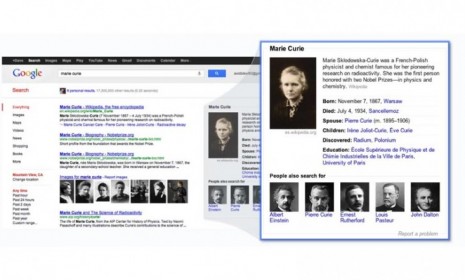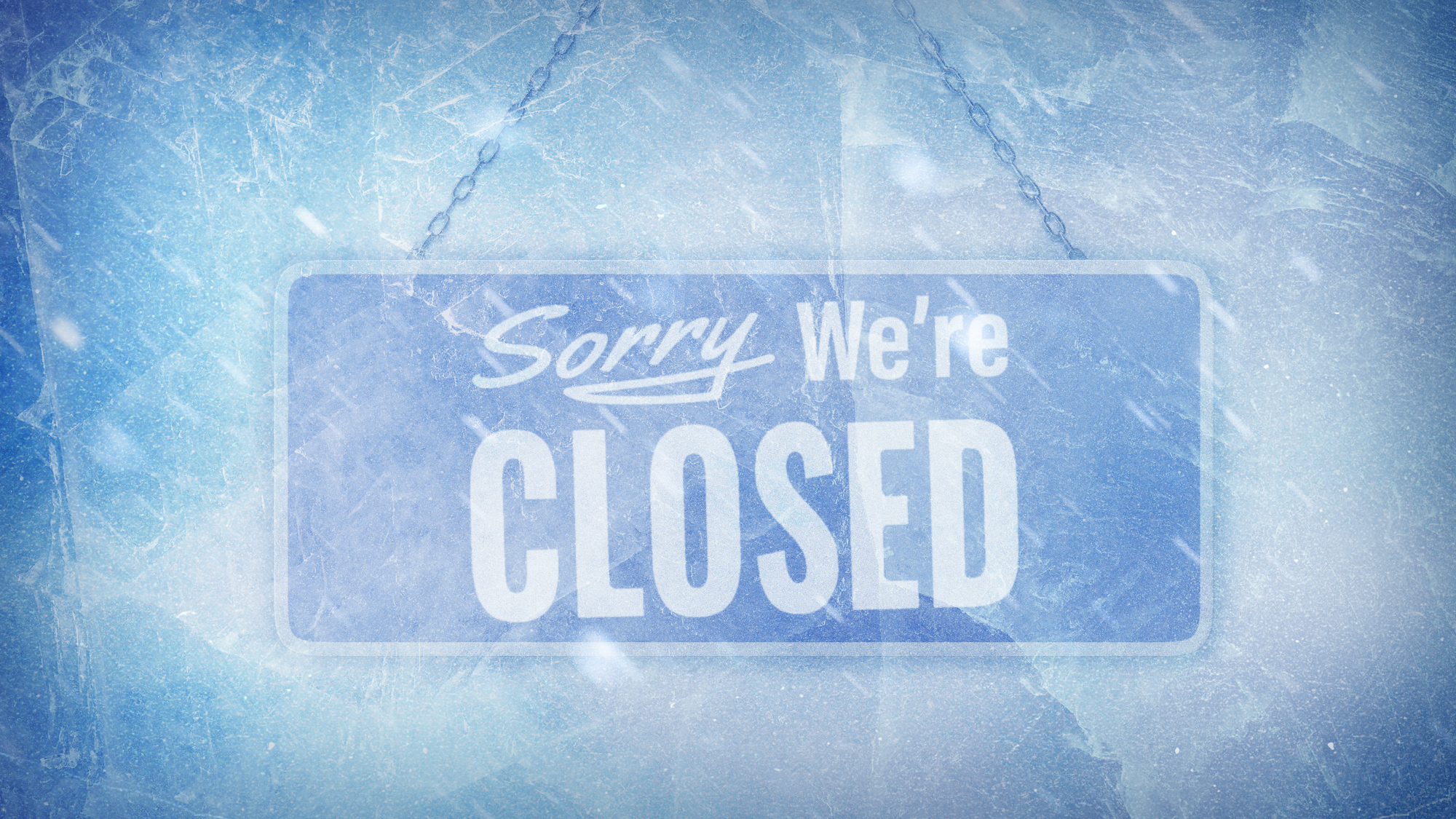Google's overhaul: A more human-like search?
The search giant is rolling out sweeping new changes with its Knowledge Graph, which aims to deliver more intelligent answers to your queries

Not to be outdone by chief rival Bing, Google is overhauling its search results to move beyond giving users mere information. The new goal is to give users knowledge, which is to say contextualized, more helpful information, and anticipate their next questions. Dubbed Knowledge Graph, the new feature is designed to help users find answers even more quickly and easily. Here, a concise guide to Google's radical changes:
Why does Google need to change?
Google wants to make its search algorithms act "more human" by better understanding what, specifically, you're hunting for. Most search engines fail to understand context. Jack Menzel, director of product management at Google, tells CNN, "you, as a human, associate [search terms] with their real-world meaning but, for a computer, they're just a random string of characters."
The Week
Escape your echo chamber. Get the facts behind the news, plus analysis from multiple perspectives.

Sign up for The Week's Free Newsletters
From our morning news briefing to a weekly Good News Newsletter, get the best of The Week delivered directly to your inbox.
From our morning news briefing to a weekly Good News Newsletter, get the best of The Week delivered directly to your inbox.
What will Google's Knowledge Graph do?
Using billions of pieces of data gathered from previous searches, the Knowledge Graph will separate results according to categories. For example, a search for "kings" will organize results for the Sacramento basketball team, the L.A. hockey team, and the NBC TV series. "This is a critical first step towards building the next generation of search," Google says, "which taps into the collective intelligence of the web and understands the world a bit more like people do."
What will it look like?
Google is adding a new column to the right of its traditional results list. There, the Knowledge Graph will often display a data brief that puts your search term in context. Say you search for "Tom Cruise," says Alexis Madrigal at The Atlantic. On the right, Google will "structure data" and give you a brief snapshot of the actor, including his picture, a brief Wikipedia bio, his height (a popular search association), his dating history, movies he's been in, and actors he's worked with. "To me, this update is the epitome of what Google does best," says Madrigal. "The graph makes the process of Googling something faster, easier, and better." (Watch a demo below.)
A free daily email with the biggest news stories of the day – and the best features from TheWeek.com
Any other features?
In the right column, there will also be a "discovery" mechanism to help users to delve deeper and broader. If you search for the Man Booker Prize-winning book The White Tiger, for example, the Knowledge Graph will suggest three other books that received the prestigious award. Google is essentially making non-linear associations a friend might offer in conversation.
When can I use it?
Starting this week, the Knowledge Graph will begin rolling out for desktop users in the United States, and eventually make its way to mobile and tablets. English is first, with other languages expected to follow soon.
Sources: The Atlantic, BBC News, CNN, The Official Google Blog
-
 Is the US about to lose its measles elimination status?
Is the US about to lose its measles elimination status?Today's Big Question Cases are skyrocketing
-
 ‘No one is exempt from responsibility, and especially not elite sport circuits’
‘No one is exempt from responsibility, and especially not elite sport circuits’Instant Opinion Opinion, comment and editorials of the day
-
 Businesses are caught in the middle of ICE activities
Businesses are caught in the middle of ICE activitiesIn the Spotlight Many companies are being forced to choose a side in the ICE debate